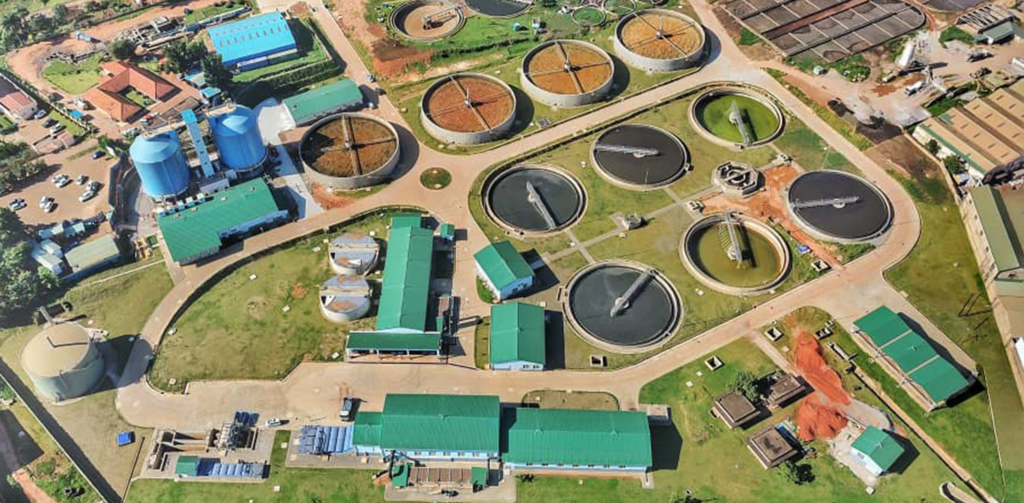
Community engagement and education play pivotal roles in fostering responsible wastewater management practices. As populations grow and urban areas expand, the effective management of wastewater becomes increasingly critical for public health and environmental sustainability.
We delve into the importance of engaging communities and educating the public about wastewater management, pollution prevention, and their implications for public health and safety.
Community engagement is essential for creating awareness, fostering collaboration, and empowering individuals to participate in decision-making processes regarding wastewater management. By involving local residents, businesses, and organizations, sewerage utilities can gain valuable insights, build trust, and garner support for initiatives aimed at improving wastewater infrastructure and practices.
Educating the community about the sources and impacts of pollution on water bodies is crucial for fostering responsible behavior. Many pollutants, including chemicals, nutrients, and microorganisms, can contaminate waterways if not properly managed. Through targeted educational campaigns, individuals can learn how their actions, such as improper disposal of household chemicals or littering, can contribute to water pollution and harm public health.
Community education efforts should emphasize the importance of adopting sustainable practices in daily activities. This includes proper waste disposal, water conservation, and the use of eco-friendly products. By promoting sustainable behaviors, communities can reduce the volume of wastewater generated and minimize the environmental impact of its treatment and disposal.
Effective wastewater management is essential for protecting public health and safety. Inadequate treatment and disposal of wastewater can lead to the spread of waterborne diseases, contamination of drinking water sources, and environmental degradation. By engaging communities and raising awareness about the importance of proper wastewater management, sewerage utilities can help prevent outbreaks of diseases and safeguard the well-being of residents.
Numerous community engagement initiatives around the world are successfully promoting responsible wastewater management practices. These include:
Educational workshops and outreach programs conducted by local authorities and non-profit organizations.
Collaborative projects between community groups, schools, and government agencies to clean up waterways and promote water conservation.
Public awareness campaigns utilizing multimedia platforms, social media, and community events to disseminate information about wastewater management and pollution prevention.
Community engagement and education are essential components of sustainable wastewater management. By involving communities in decision-making processes, raising awareness about pollution prevention, and promoting sustainable practices, sewerage utilities can effectively protect public health and safety while preserving the integrity of our water resources for future generations. Through collaborative efforts and ongoing education, we can build resilient communities and achieve a cleaner, healthier environment for all.


